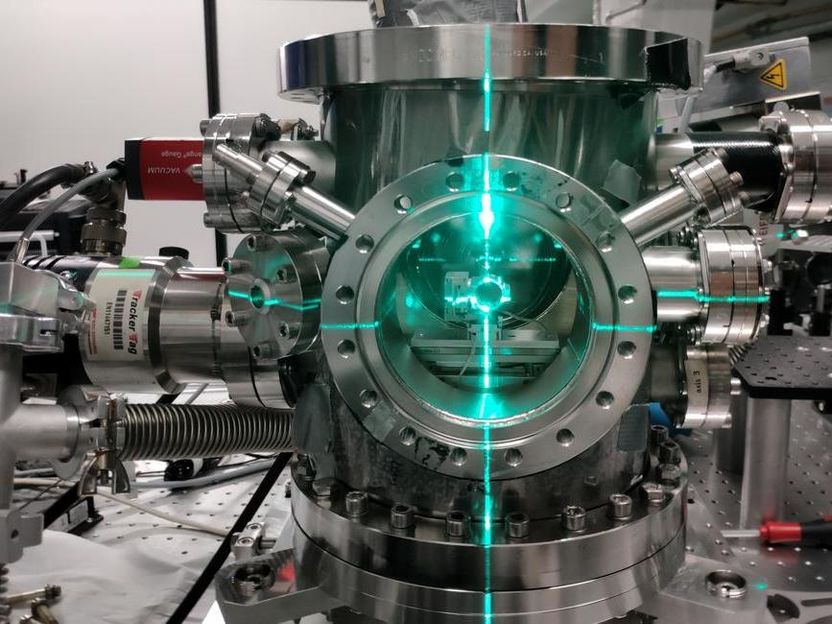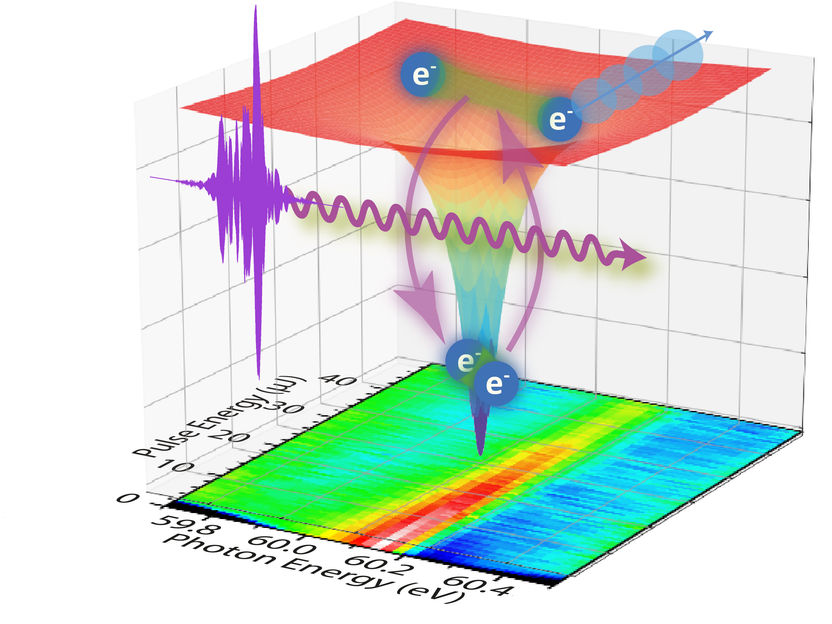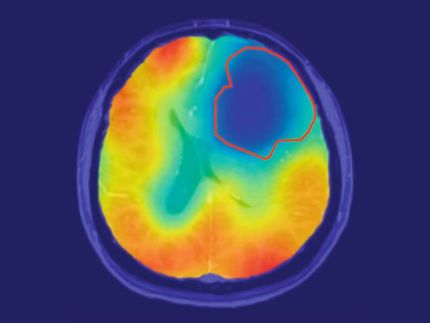Noninvasive measurement enables use of IFP as potential biomarker for tumor aggressiveness
Researchers validated a method of noninvasive imaging that provides valuable information about interstitial fluid pressure of solid tumors and may aid in the identification of aggressive tumors, according to the results of a study published in Cancer Research.
Many malignant solid tumors generally develop a higher interstitial fluid pressure (IFP) than normal tissue. High IFP in tumors may cause a reduced uptake of chemotherapeutic agents and resistance to radiation therapy. In addition, a high IFP has been found to promote metastatic spread.
"Currently, an imaging method for noninvasive assessment of the IFP of tumors is needed to evaluate the potential of IFP as a biomarker for cancer aggressiveness and, hence, to identify patients with cancer who may benefit from particularly aggressive treatment because of highly elevated tumor IFP," said Einar K. Rofstad, Ph.D., of the department of radiation biology at the Institute for Cancer Research, Norwegian Radium Hospital, Oslo, Norway.
Rofstad and colleagues tested the use of dynamic contrast-enhanced magnetic resonance imaging (MRI) to evaluate the velocity of fluid flow from tumors in human cell lines of cervical carcinoma and melanoma implanted in mice. Researchers hypothesized that the velocity of fluid flow from tumor tissue into adjacent tissue was determined by the IFP drop at the tumor surface.
Results indicated that the velocity of the fluid flow at the tumor surface strongly correlated with the magnitude of the tumor IFP and that dynamic contrast-enhanced MRI with gadolinium diethylene-triamine penta-acetic acid (Gd-DTPA) as a contrast agent can be used to noninvasively measure the fluid-flow velocity. In addition, primary tumors of mice with metastases had a significantly higher IFP and fluid-flow velocity at the tumor surface compared with the primary tumors of metastasis-free mice, confirming that the development of lymph node metastases strongly correlated to the IFP of the primary tumor and the velocity of fluid flow as measured by Gd-DTPA-based dynamic contrast-enhanced MRI.
"Our findings establish that Gd-DTPA-based dynamic contrast-enhanced MRI can noninvasively visualize tumor IFP," Rofstad said. "This reveals the potential for the fluid-flow velocity at the tumor surface determined by this imaging method to serve as a novel general biomarker of tumor aggressiveness."
Rofstad said that comprehensive prospective clinical investigations in several types of cancer are needed to assess the value of fluid-flow velocity at the tumor surface level assessed by Gd-DTPA-based dynamic contrast-enhanced MRI as a general biomarker for interstitial hypertension-induced cancer aggressiveness.
Most read news
Organizations
Other news from the department science

Get the analytics and lab tech industry in your inbox
By submitting this form you agree that LUMITOS AG will send you the newsletter(s) selected above by email. Your data will not be passed on to third parties. Your data will be stored and processed in accordance with our data protection regulations. LUMITOS may contact you by email for the purpose of advertising or market and opinion surveys. You can revoke your consent at any time without giving reasons to LUMITOS AG, Ernst-Augustin-Str. 2, 12489 Berlin, Germany or by e-mail at revoke@lumitos.com with effect for the future. In addition, each email contains a link to unsubscribe from the corresponding newsletter.
Most read news
More news from our other portals
Last viewed contents

Aphids as biosensors

A quadrillionth of a second in slow motion - Observing and controlling ultrafast processes with attosecond resolution
A peek into the interplay between sleep and wakefulness

In a first, scientists capture a ‘quantum tug’ between neighboring water molecules - The work sheds light on the web of hydrogen bonds that gives water its strange properties, which play a vital role in many chemical and biological processes
NIST imaging system maps nanomechanical properties

Table-top electron camera catches ultrafast dynamics of matter - DESY team demonstrates first Terahertz enhanced electron diffractometer
Biotage receives largest committed order in history





















































